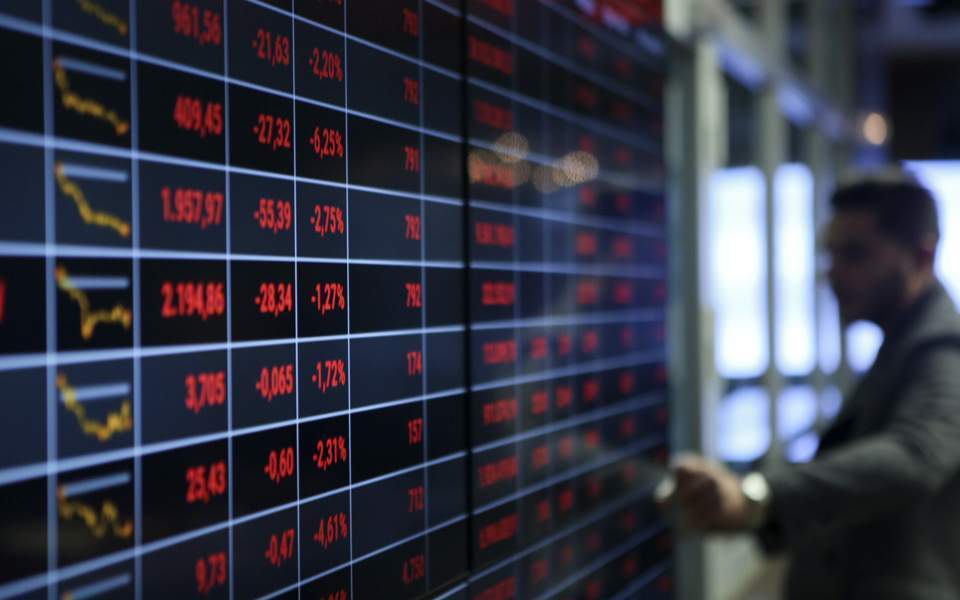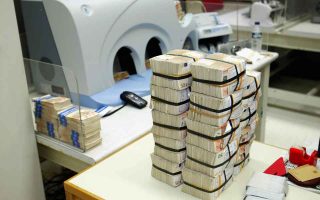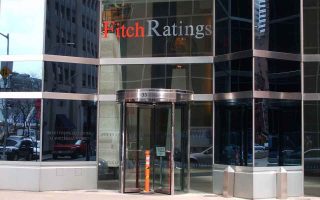Fitch’s staying put on Greek rating not behind stock drop, experts say

The latest Fitch report that saw Greece’s debt rating remain unchanged at BB- and the outlook stable did not rattle the markets and, despite appearances, was not to blame for Monday’s 3.83 percent dive by the benchmark of the Athens stock market.
According to bankers and economists contacted by Kathimerini, Fitch’s evaluation was expected, since it already rates Greece higher than the other main rating agencies. Thus, the stock market’s performance is attributed to the volatility in international markets.
In fact, they remark, an upgrade for Greek debt is just a matter of time, since prospects for the economy appear brighter and Greek bond yields will continue to drop.
In keeping its credit rating unchanged, Fitch remarked that it is too early to evaluate the performance of the newly elected government. It added that its agenda could boost Greece’s recovery but warned of still weak spots such as uncertain medium-term growth prospects and the banks’ excessively high percentage of nonperforming loans.
Ioannis Sokos, Deutsche Bank’s chief fixed income analyst, remarks that Cyprus took two years after exiting its austerity program to see its debt rated “investment grade.” Greece exited its own program only a year ago.
At present, Fitch’s BB- rating of Greek debt is three levels below investment grade, while Moody’s and S&P rate Greece a step below. An upgrade is expected from these two agencies soon, says Sokos.
“Greece’s upgrade is simply a matter of time,” agrees Oliver Adler, chief economist at Credit Suisse. He notes that Fitch said that Greece’s economic fundamentals are better than its credit rating would indicate.
The steep decline in Greek bond yields has significantly improved the sustainability of Greece’s debt, says Adler.
Andrew Kenningham, chief Europe economist for London-based economic research consultancy Capital Economics, believes the 10-year bond yield will drop to 1.75 percent by year’s end, from 2.047 percent on Monday, and will remain at this level in 2020.





